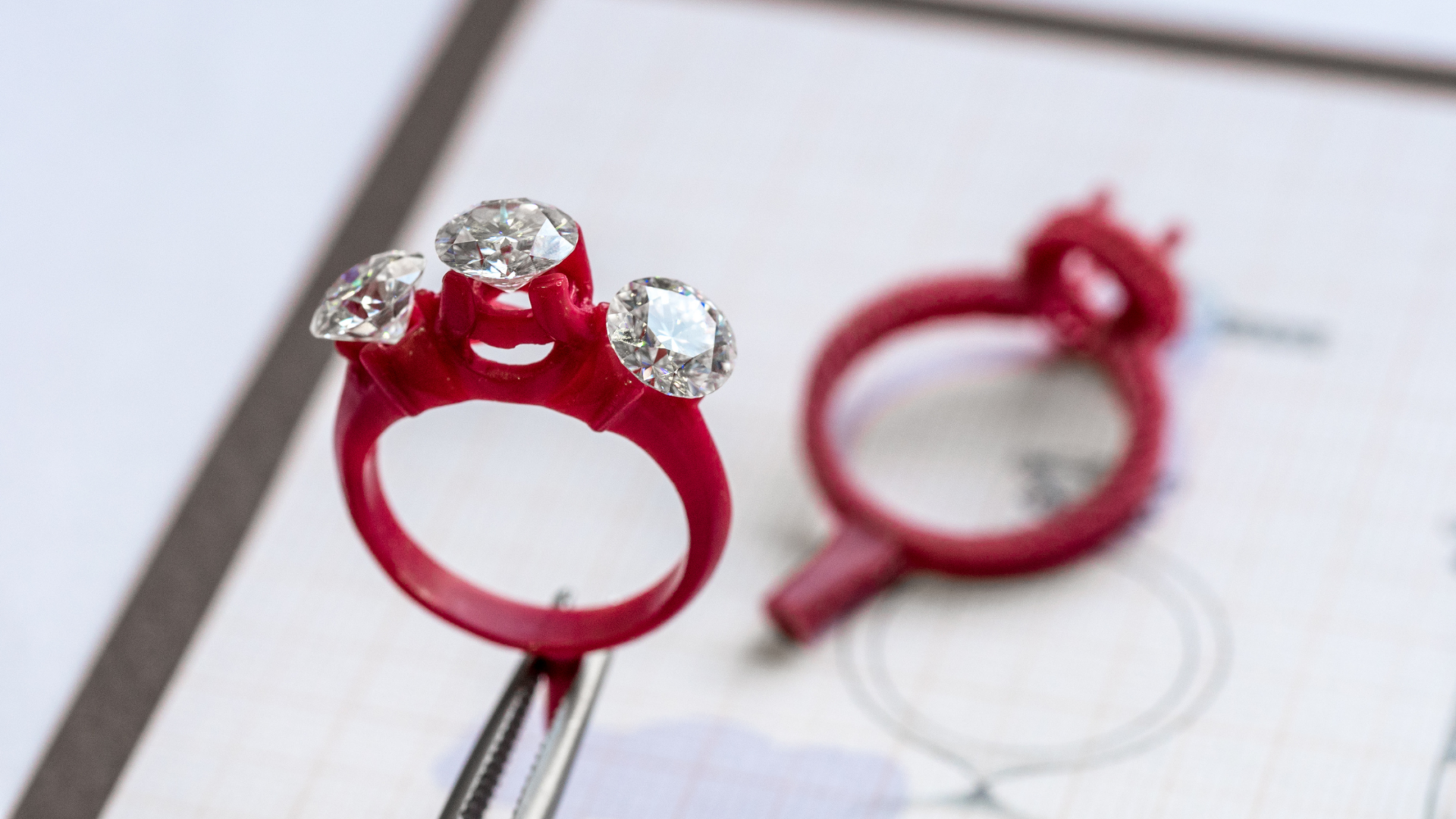- Joined
- Jun 5, 2013
- Messages
- 216
On eBay.
Anyone else listen to the recent Freakonmics podcast on diamonds?
Sort of made me feel queasy. We all knew this about diamonds and its value but hearing it straight from Dubner's mouth made me want to return my stone and get on one knee with a bond.
Anyone else listen to the recent Freakonmics podcast on diamonds?
Sort of made me feel queasy. We all knew this about diamonds and its value but hearing it straight from Dubner's mouth made me want to return my stone and get on one knee with a bond.




300x240.png)